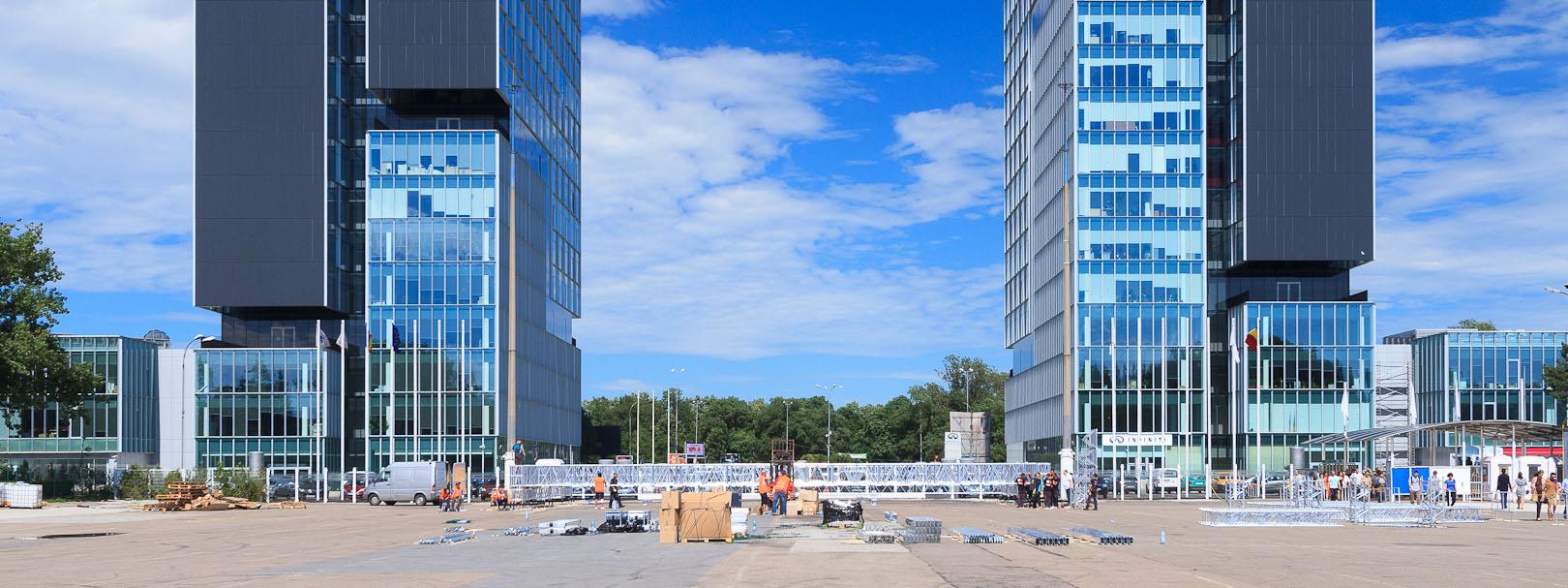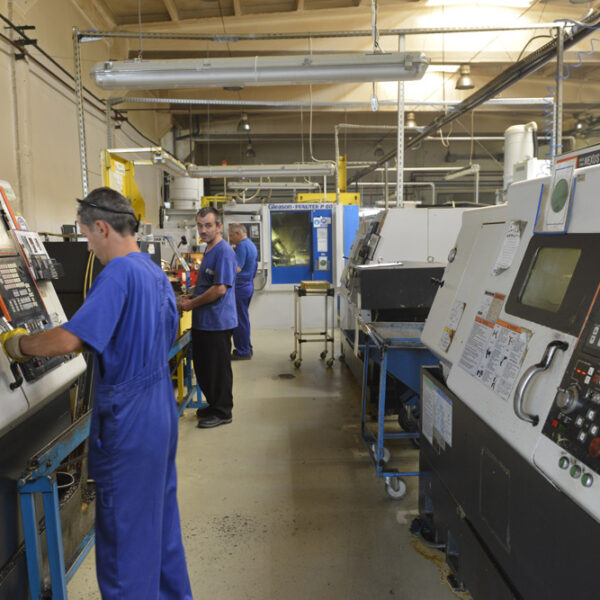

Romania has been experiencing one of the highest economic growths in Europe
So why are people still leaving?
– by Alexandra Sasu
How does Romania’s positive development translate within its population?
It is estimated that around 3.5 million Romanians have emigrated from their homeland since 2007, when Romania became a member of the European Union. In May 2018, Romanians constituted the second most common foreign nationality in the UK, with over 400.000 nationals living in the country. Romanians consist
23% of the total foreign population of Italy. They also formed the main minority population in Spain up until 2017, when they became the second largest minority population.
Meanwhile, back within its borders, Romania has maintained constant economic growth, even managing to power through the 2008 economic crisis while other European counterparts are still struggling. After peaking at a 6.9% growth in 2017, it is now starting to slow down. The forecast for 2019 is almost halved, with a prediction of 3.9% economic growth. The growth spur has been facilitated primarily by a consumption boom, which is now losing steam.
After taxes were cut and public-sector wages were increased, Romania seems in need to consider the adoption of a new economic model in order to maintain a sustainable growth rate.
However, this growth does not translate within the remaining population, with 1 in 2 children, and close to a third of the general population still being at risk of poverty in 2016, according to Eurostat. Despite the progress and increase brought to the minimum wage (407 EUR/month), the average Romanian struggles financially, and many opt to emigrate in search of prosperity and other means to support the needs of their families.
Out of the over 3 million Romanians abroad, 2.6 million are of working age, which, according to the World Bank, accounts for 20% of Romania’s working population. It is mainly due to this reason that Romania is now dealing with supply shortages for highly skilled workers, as well as skilled manual workers. Medical practitioners, engineers in various fields, software developers and mechanics among other professions, are in short supply. On an academic level, the number of Romanian students abroad has doubled, with many of them considering not to return.
Despite the fact there is proof linking returning migrants with positive economic impact, the ones abroad claim that the main reasons they would return would be if they had more employment opportunities, better wages or to be with their families. Furthermore, Romania has a lot more work to do than stabilize its economy, if to better the livelihood of its people. With issues such as corruption, political conflict, bad infrastructure, and an outdated healthcare system to name a few, the citizens of this Central-Eastern European country seem to have lost their patience.
The economy numbers look great on paper, and the other issues are slowly being worked on, but it still might not prove enough of an incentive to change the perception of Romanians that they are better off in their own country. Now the main question is, what will it take to convince them otherwise?
Sources: World Bank, Eurostat, Business Review, Bloomberg



